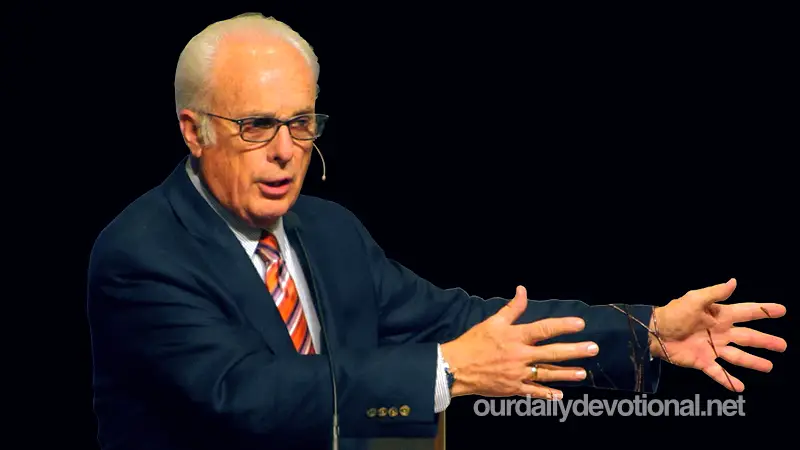This letter was addressed to the oldest church in Europe, and was written by the apostle Paul from his captivity (Phil. 1:7, 13, 14, 17).
Paul is under the surveillance of the Praetorian Guard (Phil. 1:13); he conveys the greetings of the saints belonging to Caesar's house (Phil. 4:22).
In the town where Paul is there are numerous Christians who spread the new faith (Phil. 1:14-18). These allusions, and the tone of the entire epistle, show that the apostle was writing during his first imprisonment in Rome (see PAUL). The most probable date is towards the end of this period, the year 61 or 62. There are various facts that seem to confirm it:
(a) The apostle has already been living for some time in the place from which he writes, Rome most certainly (Phil. 1:12 ff.),
(b) he is awaiting his deliverance (Phil. 1:25; 2:23, 24),
(c) The Philippians had sent him a gift (Phil. 4:10) through Epaphroditus (Phil. 2:25) who had fallen ill in Rome (Phil. 4:10). The Philippians had come to know of this and had been troubled by it (Phil. 2:26). Thus, Pablo had long since arrived in the capital.
The letter had been written as an acknowledgment of receipt of the gift of the Philippians. The apostle had already accepted their liberality many times, contrary to his custom (Phil. 4:15). He takes advantage of this occasion to give news of himself to the Philippians and to warn them against errors.
This epistle constitutes the message of a pastor to his flock; Unlike other cases, this epistle was not motivated by a crisis within the church. Abundant in spiritual teachings, it sheds much light on Paul's situation and state of mind in Rome. Epaphroditus was now recovered and was to be the bearer of the letter to Philippi (Phil. 2:25, 30).
(a) Content:
(A) Introduction (Phil. 1:1, 2).
(B) Paul thanks the Philippians, assuring them of his affection for his prayers for their advancement in sanctification (Phil. 1:3-11). He claims that his imprisonment contributes to the progress of the Gospel; he rejoices that Christ is preached, despite the opposition he has to suffer; He would rather leave to be with Christ, but he knows that he will be preserved, to be even more useful to them; he exhorts them to remain in the faith (Phil. 1:12-30).
(C) Appeal to spiritual union, based on self-denial and love, following the example of Christ, which should encourage them to carry out their service to the end (Phil. 2:1-18).
(D) Paul hopes to send Timothy to them, and go himself to Philippi; meanwhile, he delegates to Epaphroditus (Phil. 2:19-30).
(E) Exhortation to joyfully continue the earthly pilgrimage, in submission to Christ, without losing sight of the heavenly reward, according to the example of the apostle. He puts the Philippians on their guard against the Judaizers (Phil. 3).
(F) Final recommendations to certain people and to the entire church. The theme is joy, serenity of mind, holiness (Phil. 4:1-9).
(G) Last allusion to the joy that had come to him through the gift and affection of the Philippians. Last greetings (Phil. 4:10-23).
(b) Authenticity and unity.
This epistle is indisputably Paul's; The content, tone, style, personal details, testify to this. There are also numerous external testimonies. Clement of Rome (90 AD) knew the epistle and Ignatius (110 AD) cited it.
Because of the abrupt change in tone from Fil. 3:2, there have been suggestions that this passage could have been part of another letter of Paul. However, the epistle is not intended to be a didactic exposition. Abrupt transitions and introductions of new topics are commonly found in letters of a personal nature, such as this one.
(c) Spiritual message.
It is very rich, and only two particularly relevant topics can be mentioned here.
(A) One of them is that of joy (Phil. 1:5). He can rejoice in the midst of all circumstances (Phil. 1:18), and he rejoices in the joy of others (Phil. 1:25).
His perfect joy is to see the love and unity of believers (Phil. 2:2). The very perspective of martyrdom leads him to rejoice and to ask the Philippians to rejoice and rejoice with him (Phil. 2:17, 18). The servant of God has a permanent joy and crown: the souls of those whom he has brought to salvation (Phil. 4:1). Paul cannot help but insist on it: “Again I say, Rejoice!” (Phil. 3:1; 4:4).
(B) The other issue is that of "the best" that we are to discern (Phil. 1:10). What is the best? The faithful testimony given to Christ in prison is better than freedom itself (Phil. 1:12-14).
Death is more excellent than life, because “it is being with Christ” (Phil. 1:21-23). Following the Lord in his self-emptying is the path of greatest glory (Phil. 2:5-11). Everything that is good from the point of view of merely human values becomes like rubbish in comparison with “the excellency of the knowledge of Christ Jesus” (Phil. 3:4-8).
Humiliation, scarcity, anguish, abundance, are nothing; The excellent thing is to be satisfied and strengthened in Christ (Phil. 3:11-14). God himself, our fullness, will supply all our needs according to his riches in Christ Jesus (Phil. 3:19).
Meaning of PHILIPPIANS (Epistle)
This letter was addressed to the oldest church in Europe, and was written by the apostle Paul from his captivity (Phil. 1:7, 13, 14, 17).







